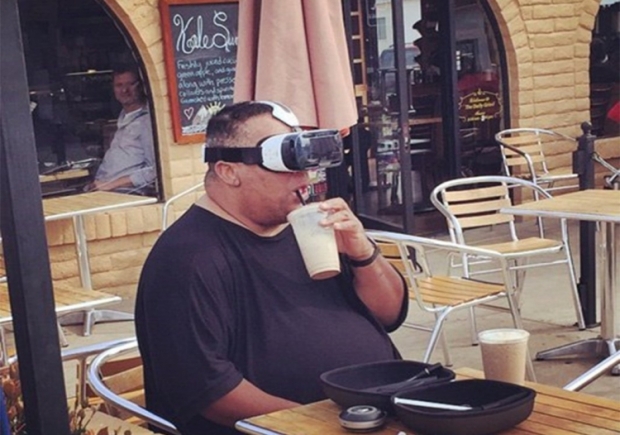Gabe Newell, head of the game studio told Polygon so far, interest in the technology was in line with its expectations and that some VR games had already sold well.
But the advent of VR had much in common with the development of PCs in the 1980s. In that situation people bought technology without knowing why and discovered afterwards what they were good for.
For the PC, he said, it was spreadsheets and businesses that drove the initial success. With VR, people were only starting to discover compelling uses as they experimented and took risks with the technology.
Newell said there were now about 1,300 VR-based applications on its Steam gaming service and about 30 of those had made more than $250,000 (£200,000) in revenue.
He said that he was optimistic and thought VR is going great, in a way that's consistent with our expectations."
Newell added: "We're also pretty comfortable with the idea that it will turn out to be a complete failure."
Gauging the success or failure of VR has proved hard because neither Valve nor rival headset maker Oculus have released sales figures. Leaked figures late last year suggested 140,000 Vive headsets had been sold.
Sony has said only that orders for its PlayStation-based VR headset have been "massive".
Published in
IoT
Valve will not lose sleep if VR fails
But it is still doing ok
VR headset developer Valve has said that it does not really matter if its VR tech turns out to be a complete failure.




